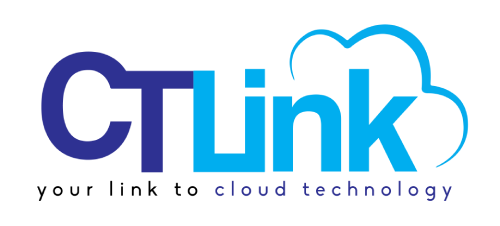UCL experiences room problems amidst growing student numbers
University College London (UCL), one of the consistent top ranked universities in the world, attracts multiple students across the world. With the growth of student numbers increasing in the recent years, its been getting increasingly more difficult for them as space is becoming a problem explains Head of Windows Infrastructure Services Anthony Peacock, “UCL is constrained by its physical space. There’s no room to put up a new building, and a lot of our existing buildings are listed [as Buildings of Special Architectural or Historic Interest]. You can’t just knock one down and build a better one.”
With the expectations of students also growing, Anthony has said that most students usually arrive to school with laptops already, however the software for the course may not be licensed for personal devices or even run on a student’s chosen device. They are also hindered by the fact that when working off-campus, both students and faculty are unable to access centrally stored files which results to students having to rely on the limited number of on-campus PCs to finish their assignment
Bringing the desktop experience outside the campus
With the help of Citrix Virtual Desktops, UCL was able to use non-university buildings for teaching by allowing those locations to have the same applications and facilities as the on-campus locations. Their aim is to give a near-identical experience to students and users on both on-campus PCs and for those on the Citrix virtual desktop on a device off-campus.
Remote access gave UCL the flexibility to use other buildings with no existing infrastructure while taking advantage of the students own personal devices. With the help of Citrix Virtual Desktops, all students have to do to access the applications on their personal devices is to visit a website then log in their student credentials. This is an easier process than using a VPN while also granting people working at home an easier time accessing the UCL central file store. It also gives students who can’t install the software on their devices (example, Mac devices) a chance to use the said application which should only run on a PC.
Demand Spike Management
Virtual Desktops also makes its easier for the university to set up additional computer resources when the demand is at its peak. Students would often complain that they would not have the resources to complete their assignments or projects due to the lack of available computers which have the software they need. At the time, UCL was using the traditional model of computer labs, however during peak demand, they would usually be filled up quickly leaving the other students with no other option but to wait. Now UCL can use Virtual Desktops with the combination of Thin-client terminals to easily set up an additional resource room if required. Though they encourage students to usually make use of the school WiFi and use their own personal devices to access the application for a more seamless experience.
To learn more about Citrix Virtual Desktop, you can visit our product page here, or you can call us directly at 8893-9515 and we will be happy to answer your inquiries!

One Response